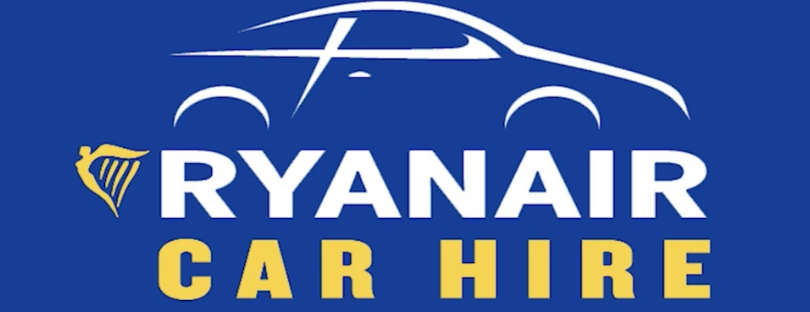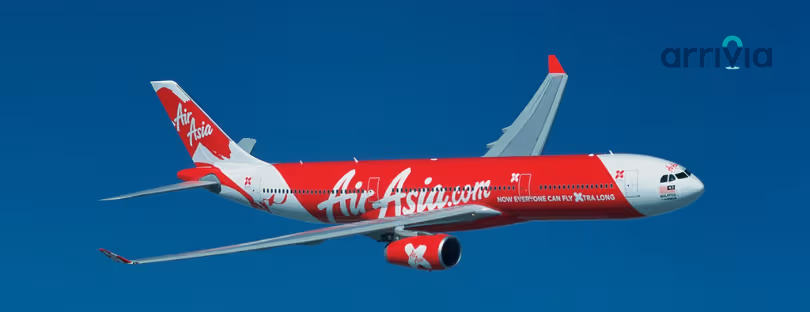
Everything You Need to Know About IATA Certification
If you’re in the travel industry, you’ve probably heard about IATA certification. It’s that golden stamp of approval that can open doors, build trust, and streamline operations. But what does it really mean? And more importantly, do you actually need it?
Let’s break it all down in a simple, no-nonsense way.
What is IATA Certification?
IATA (International Air Transport Association) is the big boss when it comes to global air travel standards. It represents about 290 airlines worldwide, covering 83% of total air traffic. The organization ensures safety, security, efficiency, and economic sustainability across the aviation and travel sectors.
IATA certification is basically a seal of approval that says, “Hey, this travel business meets industry standards and plays by the rules.” It’s widely recognized and respected, making it a valuable asset for travel agencies, airline operators, and cargo businesses.
Who Needs IATA Certification?
Not everyone in the travel industry needs IATA certification. It’s mainly for:
- Travel agencies: If you want to issue airline tickets directly instead of relying on third-party consolidators.
- Airlines: To show compliance with global safety and operational standards.
- Cargo agents: To simplify international freight and logistics processes.
- Ground service providers: To ensure airport operations run smoothly.
- Training centers: To offer recognized courses in aviation and travel management.
If you’re running a small travel consultancy and just offering trip-planning services, you probably don’t need it. But if you want to expand and issue airline tickets, having IATA certification is a game-changer.
Benefits of Getting IATA Certified
So, why bother getting certified? Here’s what it can do for your business:
1. Access to Airline Ticketing
One of the biggest perks is that IATA-certified agents can issue airline tickets directly. That means no middlemen, better pricing control, and higher profits.
2. Global Credibility
Being IATA-certified makes you a trusted partner in the travel industry. Airlines, clients, and other businesses will see you as a legitimate player.
3. Better Commission Rates
Since you’re working directly with airlines, you may get higher commission rates compared to non-IATA agents who have to book through third parties.
4. Industry Recognition
Having that IATA logo on your website or office space boosts credibility and reassures customers that you operate professionally and ethically.
5. Easier Access to Airlines & Partners
Once you’re in the IATA network, collaborating with airlines, hotel chains, and other travel service providers becomes easier.
6. Streamlined Operations
IATA provides access to tools like BSP (Billing and Settlement Plan), making financial transactions between agencies and airlines more efficient.
How to Get IATA Certification
The process isn’t exactly a walk in the park, but it’s definitely doable if you meet the criteria. Here’s a simplified breakdown:
Step 1: Determine Eligibility
Before applying, make sure your business meets these requirements:
- Must be a registered travel business.
- Have a minimum financial security deposit (varies by country and region).
- Meet industry experience and staffing criteria.
- Have a dedicated office space and the necessary infrastructure.
- Follow ethical business practices.
Step 2: Prepare Your Application
You’ll need to submit:
- A completed IATA application form.
- Business registration documents.
- Financial statements proving stability.
- Proof of professional liability insurance.
- Security deposit (varies by country).
- Details of qualified staff (some require at least one certified travel professional on board).
Step 3: Pay the Fees
IATA certification comes with a cost. Depending on your location and type of business, the fees can range from $1,500 to $3,000 or more. There are also annual renewal fees.
Step 4: Undergo Inspection & Approval
IATA may conduct a site inspection to ensure you meet the requirements. If all checks out, you’ll receive your official IATA accreditation.
Step 5: Get Your IATA Code & Start Issuing Tickets
Once approved, you get an IATA code, which allows you to book and issue airline tickets directly. Congratulations, you’re now a recognized player in the travel industry!
What If I Can’t Get IATA Certified?
Not every travel business can afford or qualify for IATA certification. But don’t worry—there are alternatives:
1. Partner with an IATA-accredited Agency
Many smaller agencies work under larger IATA-certified agencies. You still book flights for clients, but the ticketing is handled by your IATA partner. You’ll likely have to share commissions, but it’s a good starting point.
2. Use a Consolidator
Travel consolidators are companies that issue tickets on behalf of non-IATA agents. They buy in bulk and sell at discounted rates, allowing you to offer competitive fares without the IATA hassle.
3. Focus on Non-Air Services
IATA certification is mainly useful for flight bookings. If you specialize in hotels, tours, cruises, or car rentals, you may not even need it.
Is IATA Certification Worth It?
It depends on your business model and long-term goals. Here are some things to consider:
✅ Go for it if:
- You want direct airline partnerships and better commissions.
- You plan to scale up and become a recognized travel agency.
- You have the financial resources to meet the requirements.
❌ Skip it if:
- Your business focuses more on non-air travel services.
- You can partner with an existing IATA agency.
- The costs outweigh the benefits for your specific market.
Final Thoughts
IATA certification isn’t for everyone, but for those who need it, it’s a powerful tool. It provides credibility, better commissions, and access to global airline networks. However, if you’re a small agency or just starting out, there are plenty of workarounds to succeed in the travel industry without it.
Whatever path you choose, the key to success in the travel business isn’t just about certifications—it’s about providing exceptional service, building strong partnerships, and staying ahead of industry trends.










